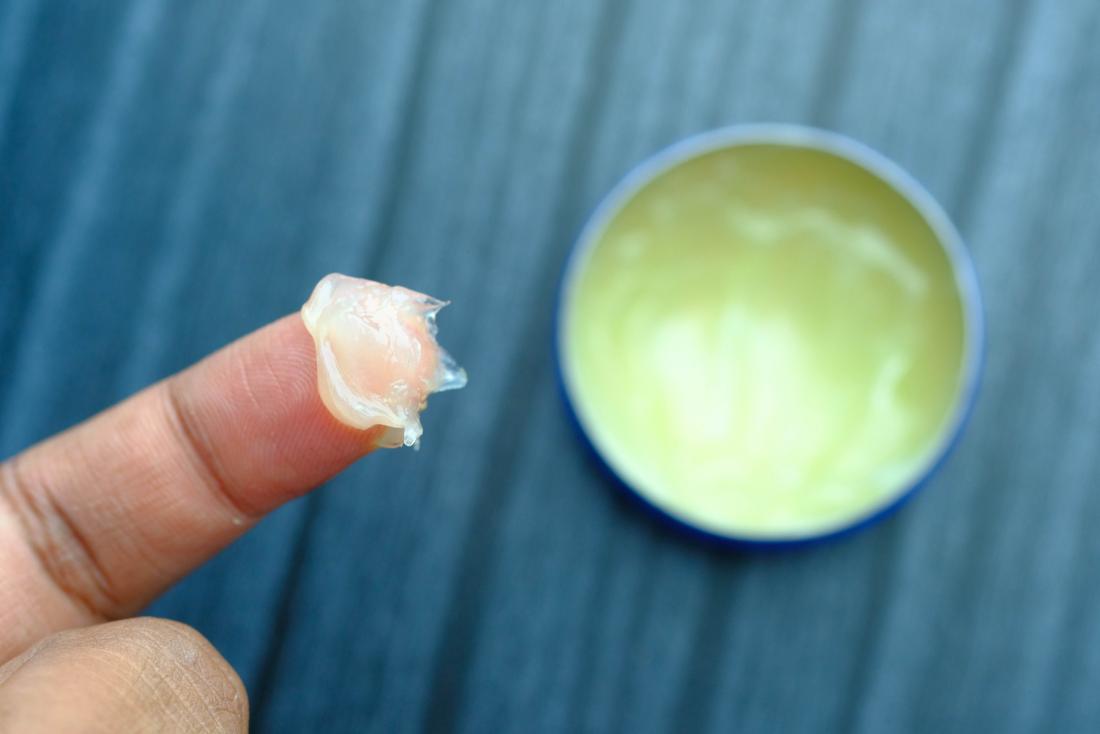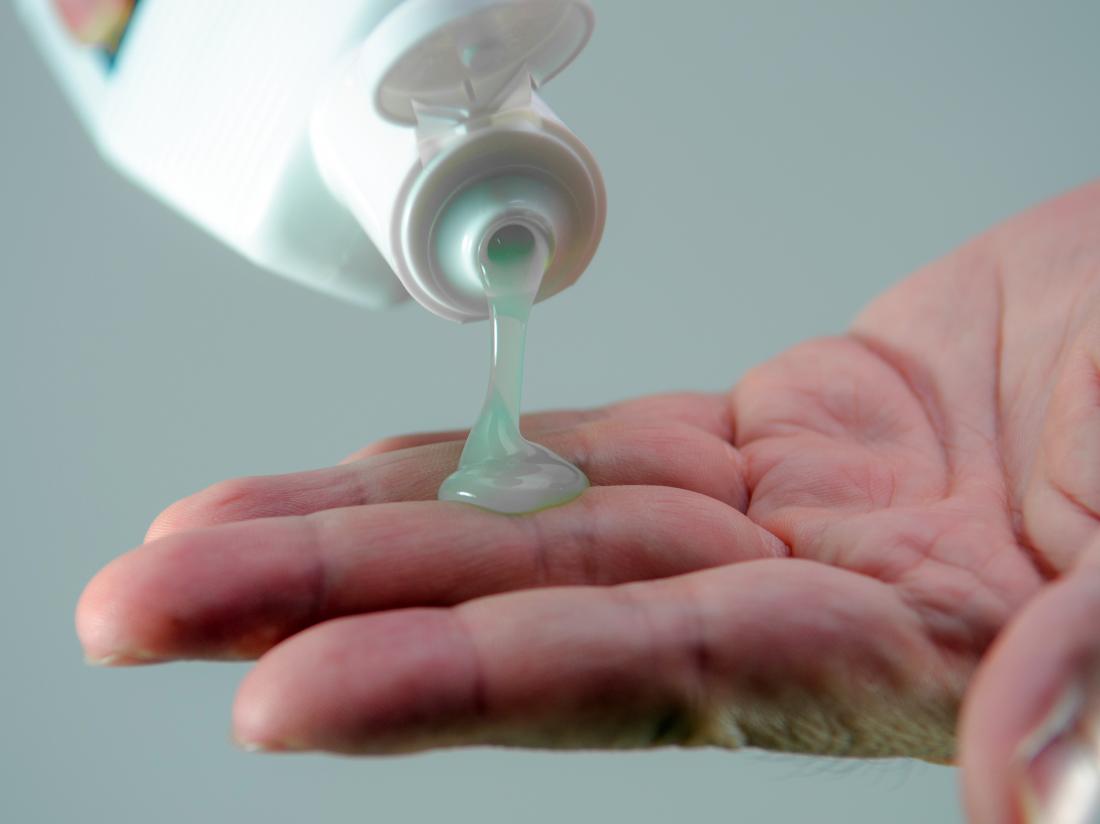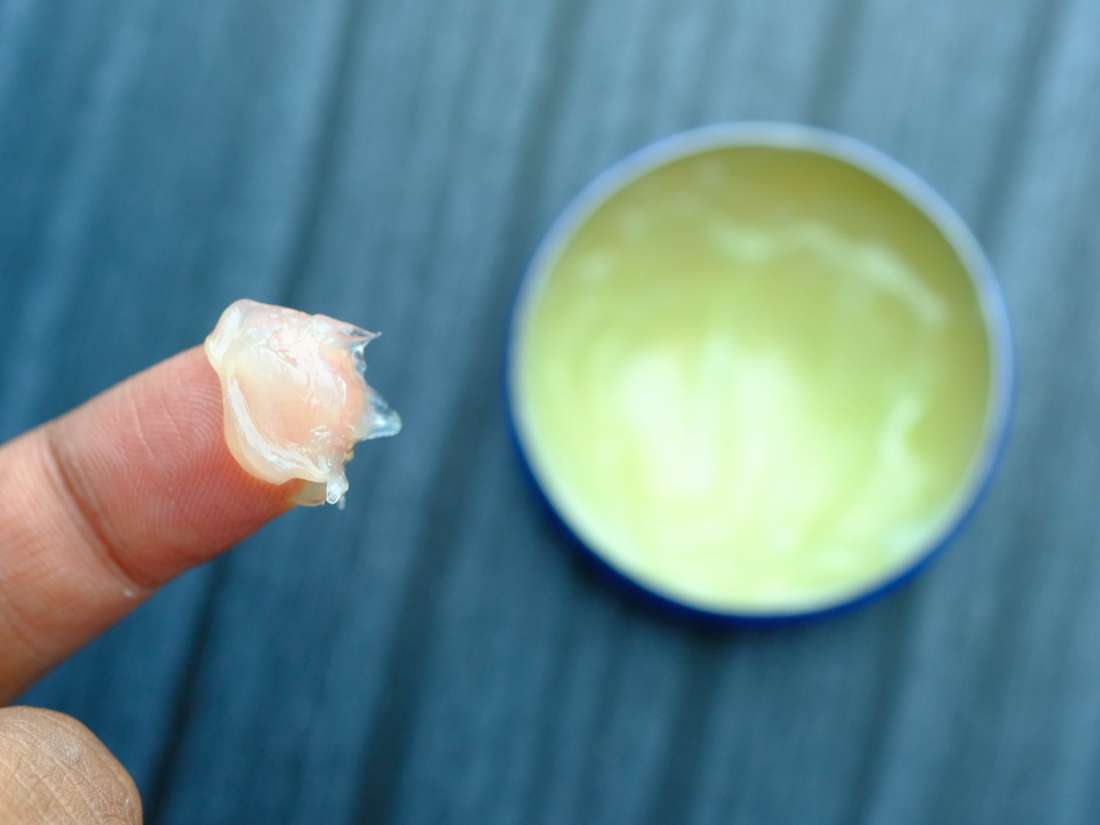People might want to use Vaseline as a sexual lubricant because it has a soft and smooth texture. Vaseline does not get sticky or dry out, which — in theory — also makes it a good lubricant option.
However, it is not advisable to use Vaseline as a sexual lubricant. In this article, we explain why. We also list some alternatives to use instead.
Can I use Vaseline as lube?

Vaseline is safe for external use, but it is advisable to use a different product as a sexual lubricant.
People can technically use Vaseline as a sexual lubricant. It is a nontoxic substance that is safe for external use.
However, people might want to consider the following factors before using Vaseline for this purpose:
- Vaseline’s creators did not design the product for sexual lubrication. According to the product’s health and safety warning, Vaseline is suitable for “external use only.” Its creators neither designed nor marketed Vaseline as a sexual lubricant.
- Vaseline can damage condoms. People planning to use latex condoms should not use Vaseline as a lubricant. Oil based substances, such as petroleum jelly, can weaken latex products. A weakened condom is more likely to break or tear during sex, which may increase the risk of infection or unintended pregnancy.
- Vaseline may increase the risk of infection. In a 2013 study involving 141 women from the United States, women who used petroleum jelly as a sexual lubricant had a higher risk of developing bacterial vaginosis than those who used other products and methods.
Why use lubricant?
Lubricants can enhance sexual pleasure by decreasing friction during sex.
Friction during sex is not only uncomfortable, but it can result in the lining of the vagina or anus tearing. These tears can put people at higher risk of sexually transmitted infections.
In the sections below, we look at some safer alternatives to Vaseline.
Alternatives
Although using Vaseline might decrease friction during sex — fulfilling the functional role of a lubricant — it is not the most effective lubricant, especially when a person uses it alongside a condom.
People looking for better alternatives to Vaseline might want to consider sticking to products that manufacturers specifically design as lubricants. These include:
Water based lubricant
The Food and Drug Administration (FDA) recommend that people use a water based lubricant with unlubricated latex condoms to prevent condom breakage, irritation, and infection.
Many different water based lubricants are available to purchase online.
The FDA also suggest that people avoid using any lubricants, such as Vaseline, that contain oil, fat, or grease because they can damage latex condoms.
The World Health Organization (WHO) recommend using water based lubricants with a pH of about 4.5 for vaginal intercourse and a pH of 5.5 to 7 for anal sex.
In a 2013 review article, preliminary data suggest that water based lubricants usually show higher compatibility with condoms. However, water based lubricants that contain exceptionally high concentrations of particle matter can damage the rectal lining.
The author of this review calls for more rigorous safety and condom compatibility testing for all water and silicone based lubricants.
Glycol based lubricant
Glycol is a humectant that many manufacturers add to water based lubricants. Propylene glycol serves as the main ingredient in many warming lubricants.
People can choose from a range of glycol based lubricants online.
However, glycol based lubricants dry out quickly and have the potential to cause yeast infections.
Silicone based lubricants
Silicone based lubricants are generally compatible with natural rubber and latex condoms. They also last longer than water based lubricants.
Many silicone based lubricants are available to purchase online.
However, silicone based lubricants tend to cost more than lubricants comprising water or glycol. They also do not wash away when a person rinses them with water, which can make cleaning up a challenge.
Aloe vera gel

Aloe vera gel is relatively safe to use with latex condoms because of the water content.
Aloe vera gel is a water based compound that people can extract from the leaves of the aloe vera plant. Aloe vera gel contains antioxidants and glycoproteins that benefit people’s health by:
- enhancing wound healing
- improving skin hydration
- producing anti-inflammatory and antimicrobial effects
- strengthening immune activity
- increasing water content inside the intestines
Aloe vera gel is a suitable natural lubricant. In fact, some commercial lubricants use aloe vera gel as the main ingredient.
In theory, the water content in 100% aloe vera products makes them relatively safe to use with latex condoms. However, there is not enough scientific research to support this claim.
People with diabetes may want to avoid consuming aloe vera, as it can lower blood glucose levels, according to the National Center for Complementary and Integrative Health.
Aloe vera plants also contain latex, which produces strong laxative effects if a person consumes it. Ingesting aloe latex can lead to stomach cramps and diarrhea.
Lubricants to avoid
Certain household products can technically function as lubricants. However, many of these products can significantly damage latex condoms.
People should avoid using the following household and natural products as sexual lubricants:
- oils, such as baby oil, cooking oil, and plant oil
- dairy products, such as butter
- cosmetic products, such as face and body creams
- burn ointment
- hemorrhoid cream
- petroleum jelly
Summary
Although people can use Vaseline as a sexual lubricant, it is not the best option. Vaseline can damage latex condoms, trap bacteria that can lead to an infection, and stain clothing and bedsheets.
Instead of Vaseline, people may want to consider choosing a high quality, water based lubricant. Manufacturers specifically design these products to enhance sexual pleasure without damaging condoms.
We picked linked items based on the quality of products, and list the pros and cons of each to help you determine which will work best for you. We partner with some of the companies that sell these products, which means Healthline UK and our partners may receive a portion of revenues if you make a purchase using a link(s) above.
